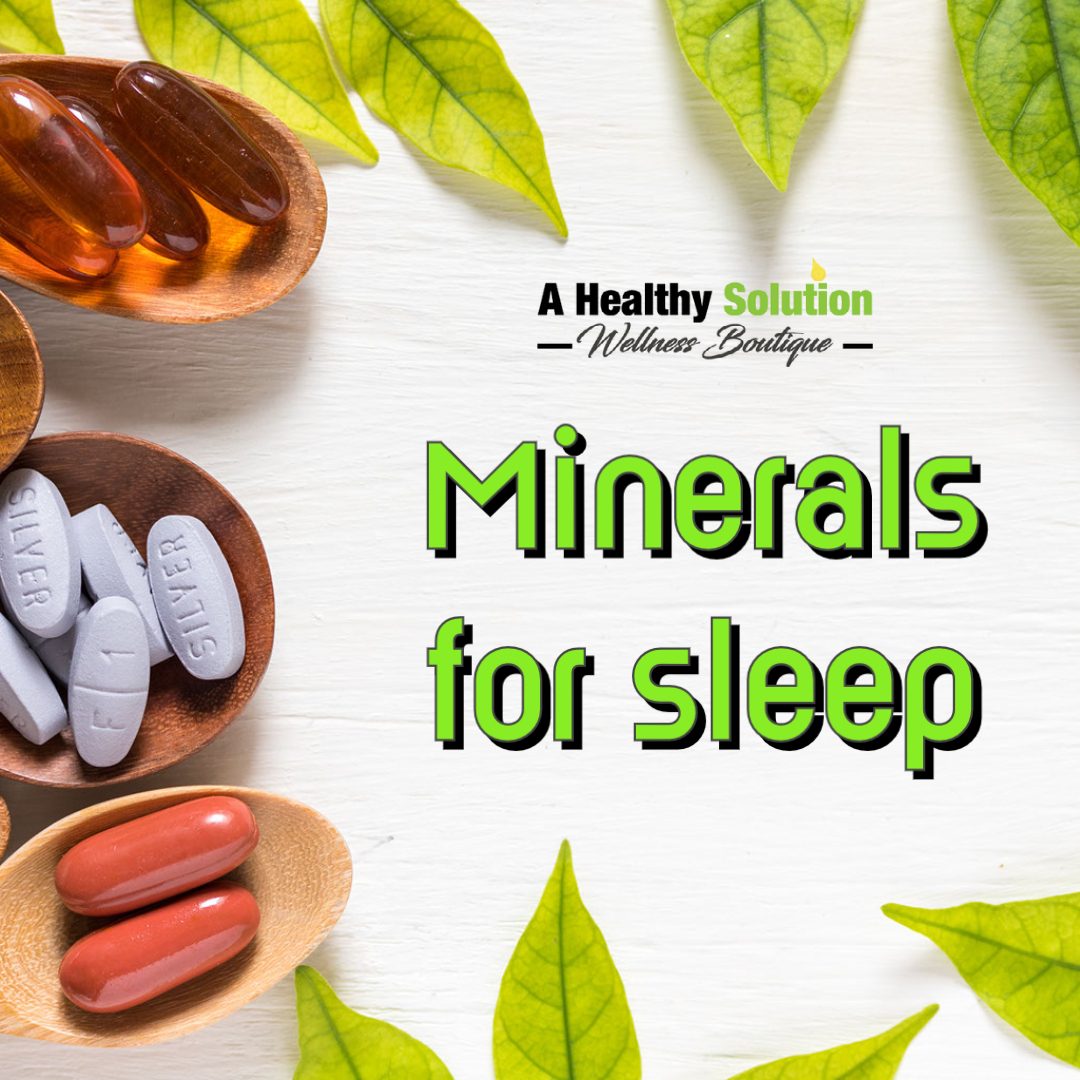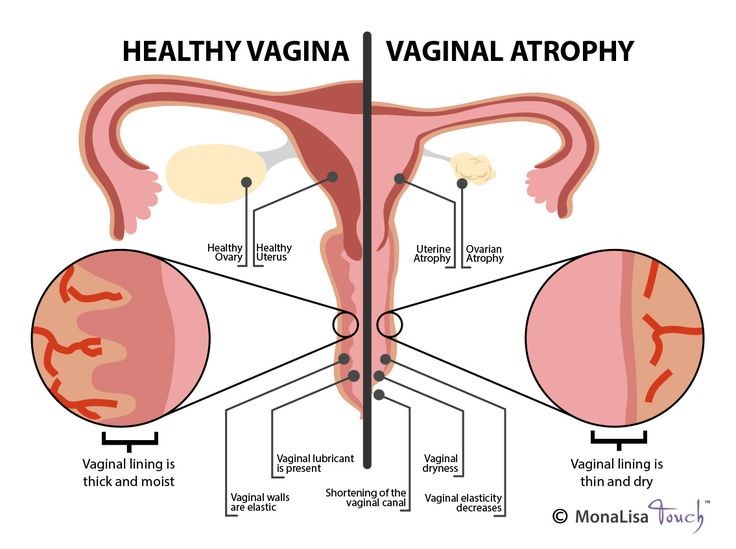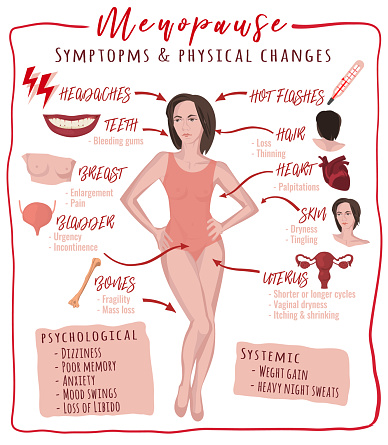We all have had trouble sleeping at least a few times in our lives. The cause could be almost anything, maybe you have an exciting book you don’t want to put down, maybe a really good T.V. show that’s just getting to the good part, or you’ve been extremely stressed out and your mind is racing, or maybe you have insomnia, and your brain won’t let you sleep no matter what you do. Whatever the reason, a lack of sleep can affect your body in many different ways, some more obvious than others. There are many different ways to get around the issue as well, though some are better than others. Let’s discuss what a lack of sleep can do to your body, what the potential solutions are, and what minerals you can take to help you sleep better.
Let’s start this discussion with what a lack of sleep can do to your body. In a short term case, the effects won’t harm you long term. Though you will likely feel much more groggy, moody, or even fatigued. Though for long term cases for a lack of sleep, those effects may be more dangerous. According to research, a lack of sleep can cause a few different problems for the body. Such as a weakened immune system, high blood pressure, risk for diabetes, risk of heart disease, mood changes, memory issues, trouble with thinking and concentration, etc. Long term, this can become detrimental to your quality of life and have lifelong consequences if you aren’t careful. Though these conditions are NOT guaranteed to happen, you have a much higher chance than someone who gets the proper amount of sleep. So what can be done to combat this problem? And how much sleep should I be getting?
There are a few different methods that people use to fight against this issue. Some can use sleeping pills, melatonin, CBN (the cannabinoid for sleep), though each one has their level of effectiveness. Though they can have their side effects, for example, if you take melatonin consistently, your body can build a tolerance to it after two years! When taking prescription sleeping pills over a long period of time, your body grows accustomed to the drug, and you need higher and higher doses to get the same sleep- inducing effect, just like melatonin. But, if you take a high enough dose, this could lead to depressed breathing while you sleep, which can cause death. So always be careful of that. We also have a blog on our website discussing the effects of CBN in your body, and how it helps with sleep in more detail. That compound being a safer option.
Generally, the amount of sleep you need depends on your age. Generally, this is the amount of sleep each age group needs:
- Teens 13-18 need about 8-10 hours of sleep per 24 hours
- Adults 18-60 need about 7 or more hours per night
- Older adults, 65+ years need about 7 to 8 hours per night
So, what is an alternative method to getting better sleep? In this blog, we will be discussing how certain minerals can be used to help with sleep and keeping your body healthier. Today, we will be discussing Magnesium and Calcium specifically and how they interact with your body.
Calcium
Calcium is directly linked to our cycles of sleep. In one study, published in the European Neurology Journal, researchers discovered that calcium levels in the body are greater during some of the deepest levels of sleep, such as the rapid eye movement (REM) phase. The study determined that disturbances in sleep, especially the absence of REM deep sleep or disturbed REM sleep, are related to a calcium deficiency. Return to the normal course of sleep was attained after the stabilization of the blood calcium level. Calcium supports the brain use the amino acid tryptophan to manufacture the sleep-inducing substance melatonin. This explains why dairy products, which contain both tryptophan and calcium, are one of the top sleep-inducing foods.
Magnesium
In magnesium deficiency, chronic insomnia is one of the major, significant symptoms. Sleep is usually disturbed with frequent nighttime awakenings. On the other hand, a high magnesium, low aluminum diet has been shown to be correlated with deeper, less interrupted sleep. This was demonstrated in a study done by James Penland at the Human Nutrition Research Center in North Dakota. The study was titled “Effects of trace element nutrition on sleep patterns in adult women.” It’s crucial to note that a reasonable ratio of calcium and magnesium is important to overall health, and these two minerals should be taken together for best results. Magnesium is also able to help the body relax. This nutrient reduces stress and helps you sleep longer. You can get your needed dose of calcium and/or magnesium through supplements or through your day to day diet. Some more minerals that can be used for your health include Iron, Vitamin D, Vitamin B, Vitamin E, Potassium, and even Chamomile (usually found it teas). These are a good way to continue helping your body sleep and will keep you healthier overall.
Depending on how you want to go about your treatment, there will always be options available to you no matter how hard it may be to sleep. If you are truly concerned with your health, make sure to check in with a medical professional.






Leave A Comment
You must be logged in to post a comment.